Mr. Truong Trong Nghia - Photo: National Assembly - Photo: VGP
In the context of the country experiencing many challenges when facing dozens of storms and tariff earthquakes, delegate Truong Trong Nghia (HCMC delegation) said that the results achieved were miraculous.
The results achieved are not only the result of the direction and management of the Party and State, but according to delegate Nghia, it is also necessary to show special gratitude to the Vietnamese people for their spirit of joining hands to help the country overcome the most difficult period.
Signs of approaching the middle-income trap
With the upcoming goal, Vietnam will become a developed country by 2045. Not only will the average income per capita reach 20,000 - 25,000 USD/year, but it also needs to develop rapidly and sustainably. Because growth is only meaningful when each person enjoys the fruits of development in a fair, safe and humane way, and the quality of life is improved as directed by the General Secretary .
However, delegate Nghia also pointed out the identified risks and challenges, namely falling behind and falling into the middle-income trap, in which there are signs that the economy is approaching the middle-income trap.
That is the dual dependence on FDI in the market, import and export, labor productivity, low localization rate and added value compared to the region, banking and finance, capital market, real estate market still have many potential risks.
Lack of high-quality human resources, aging population, declining birth rate, continued environmental deterioration, and widening gap between rich and poor.
In particular, the income of workers, including civil servants and public employees, is still low, a large number of whom are still below the minimum living standard.
Therefore, Mr. Nghia believes that it is necessary to transform the growth method and model, with the intelligent economy, digital economy, green economy, and circular economy. Along with that, it is necessary to create institutional breakthroughs and immediately issue regulations to implement the Politburo's resolutions.
In addition, delegate Nghia also suggested that it is necessary to overcome shortcomings in the implementation organization stage, with the staff needing to be pioneers and exemplary.
"There are many resolutions with correct policies, but they only have meaning when they are turned into practical life in a substantial way" - delegate Nghia said.
Delegate Nguyen Huu Thong (Lam Dong) - Photo: National Assembly
Resolve procedural problems
Meanwhile, delegate Nguyen Huu Thong (Lam Dong) said that it is necessary to promptly resolve problems arising in the implementation of the two-level local government model. For example, implementing administrative procedures related to land is considered the most troublesome.
In reality, in many localities, people still have to travel far and go through many intermediaries to complete land procedures. The reason is that the land registration office branch is still under the management of the provincial level, which is not suitable for the two-level local government model and decentralization.
"At the same time, there should be specific instructions on personnel, financial mechanisms, facilities and business processes. This is a practical work, helping to shorten time, reduce costs, improve efficiency in serving the people and enhance the responsibility of local authorities," Mr. Thong suggested.
According to delegate K'Nhieu (Lam Dong), it is necessary to improve working conditions at the grassroots level, promote digital transformation and administrative procedure reform, arrange adequate equipment and apply modern technology so that officials can serve the people faster and more accurately.
He also proposed to arrange enough number of workers to match the actual workload after the reorganization. Because when the tasks increase but the staffing remains the same, it will be difficult to ensure progress and service quality, while this is the key factor to make the apparatus lean but still effective.
Regarding this content, delegate Nghia also said that the big challenge is the human factor. Because in reality, decentralization has not been accompanied by adequate allocation of resources, human resources, finance, technology, and facilities; the psychological and ideological impacts on civil servants.
Therefore, there needs to be a breakthrough decision on the income of the staff, the salary must be equal to the average living standard of society, not to let them become poor, so that they can focus on public service, not have to work extra, worry about life. Attached to that is setting up reasonable KPI, applying appropriate rewards and punishments, other regimes...
He also suggested that there should be criteria, standards, and methods to evaluate and select officials in an objective and impartial manner. The planning of leadership officials should have ups and downs, ins and outs, and boldly appoint those who demonstrate real qualifications, capacity, enthusiasm, dedication, and high public service ethics, whether in or out of the planning.
Tuoitre.vn
Source: https://tuoitre.vn/lo-tiem-can-bay-thu-nhap-trung-binh-dai-bieu-hien-ke-dat-muc-thu-nhap-25-000-usd-nguoi-20251030092229156.htm#content-2





![[Photo] General Secretary To Lam attends the Vietnam-UK High-Level Economic Conference](https://vphoto.vietnam.vn/thumb/1200x675/vietnam/resource/IMAGE/2025/10/30/1761825773922_anh-1-3371-jpg.webp)
![[Photo] The Third Patriotic Emulation Congress of the Central Internal Affairs Commission](https://vphoto.vietnam.vn/thumb/1200x675/vietnam/resource/IMAGE/2025/10/30/1761831176178_dh-thi-dua-yeu-nuoc-5076-2710-jpg.webp)

![[Photo] Prime Minister Pham Minh Chinh attends the 5th National Press Awards Ceremony on preventing and combating corruption, waste and negativity](https://vphoto.vietnam.vn/thumb/1200x675/vietnam/resource/IMAGE/2025/10/31/1761881588160_dsc-8359-jpg.webp)

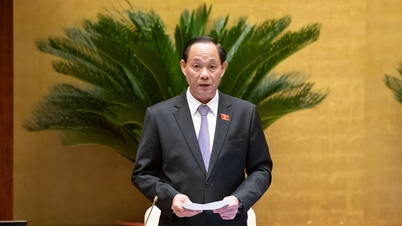

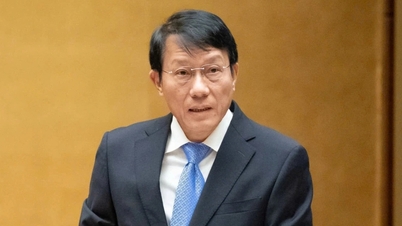

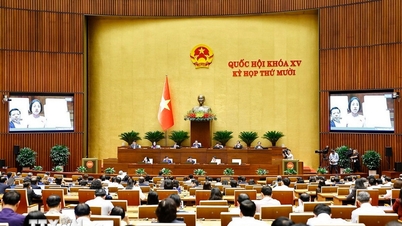

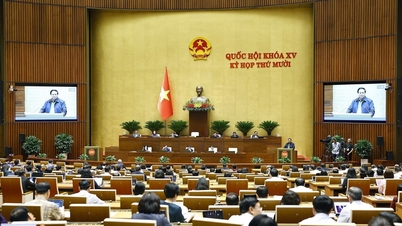



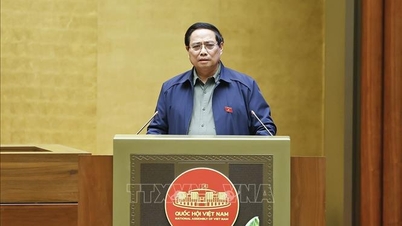




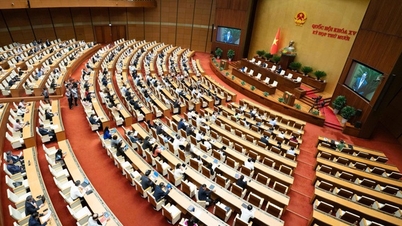
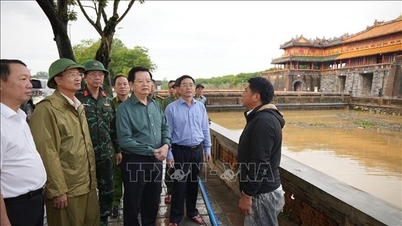
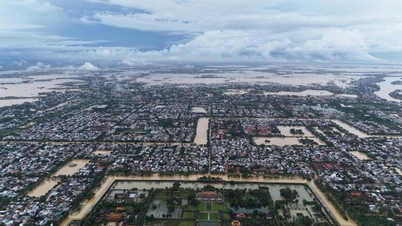






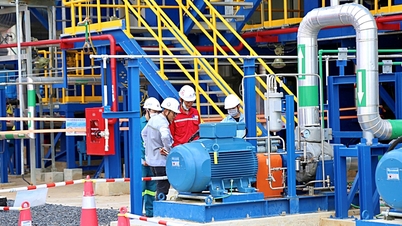

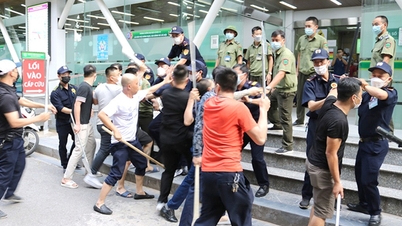

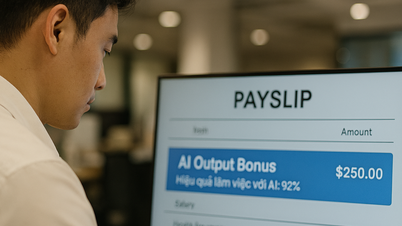















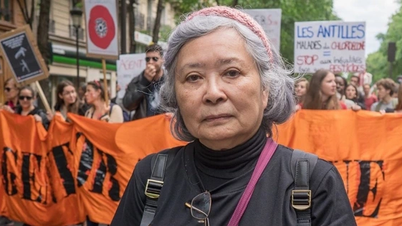





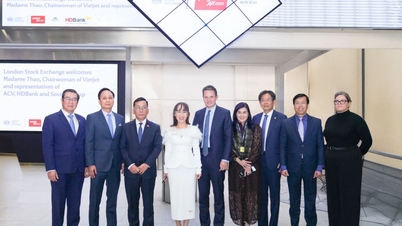


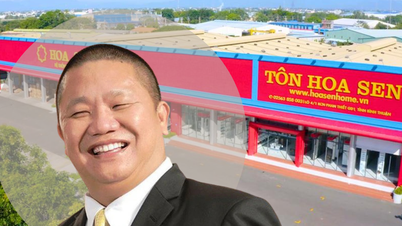












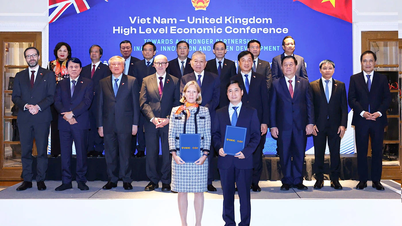
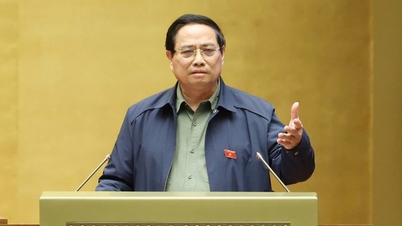


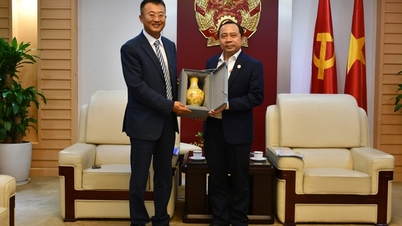
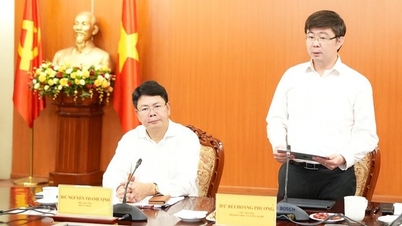

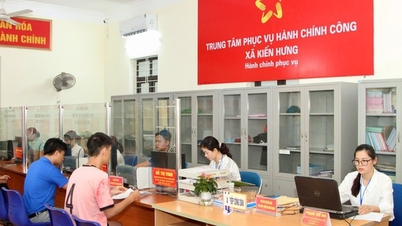
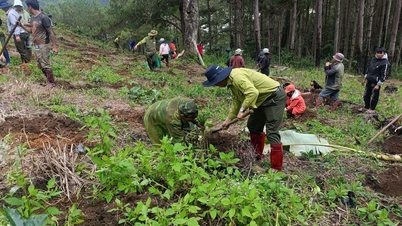

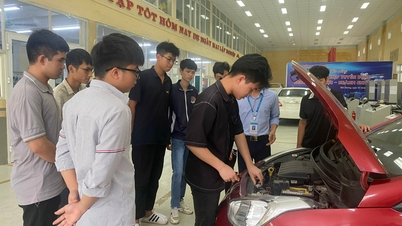






















Comment (0)